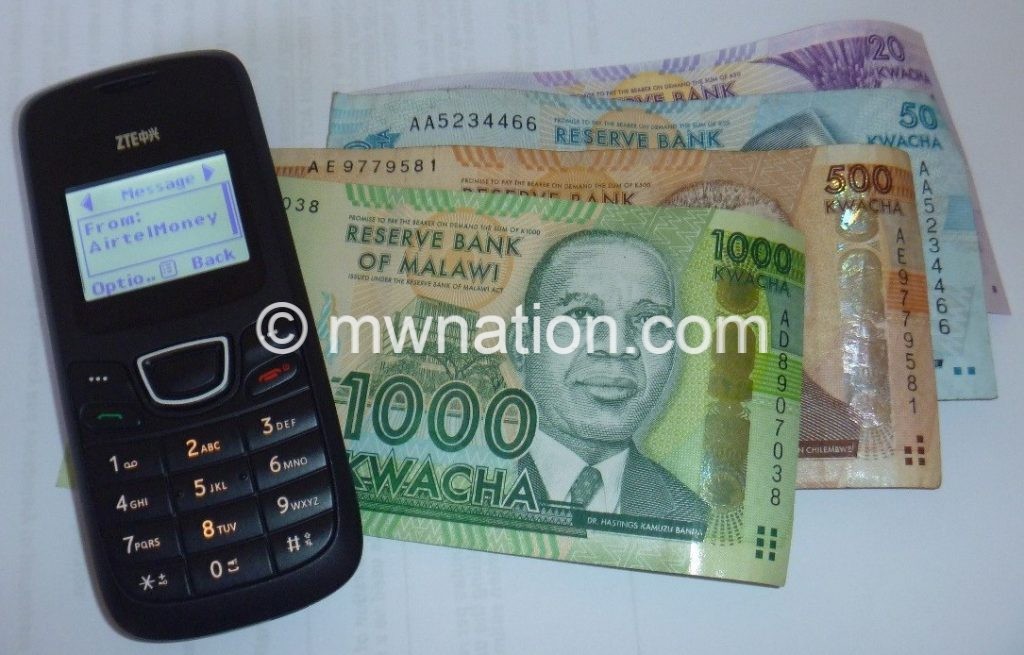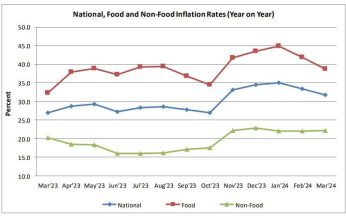Mobile money operators shun rural areas—report
The Reserve Bank of Malawi (RBM) says mobile money operators continue to dominate in urban areas compared to rural, affecting digital financial inclusion agenda.
In its National Payment System report for the second quarter (April to June) of 2020, RBM said the number of registered mobile money agents increased by 22.5 percent to 69 055 during the review period, but low access to the service was a challenge.

In terms of distribution, the report said 78.1 percent, which is equivalent to 53 096 agents, were geographically located in urban and semi-urban areas, with the remaining 21.9 percent, or 15 096 agents, in rural areas.
In addition, 63.6 percent of the agents located in urban and semi-urban areas were active over a 90-day period compared to 51.6 percent in rural areas, added the report.
Reads the report in part: “This underscores the need for more interventions in rural areas to increase both the footprint of agents as well as incentivising them to be actively involved in the delivery of the mobile money services as it is the easiest and cost-effective way of reaching out to the rural populace.”
Information and Communication Technology Association of Malawi president Bram Fudzulani said in an interview on Wednesday the country needs to find other innovations that would encourage people in the rural areas to fully embrace the digital payment platforms.
He said Malawi being an agro-based economy, it has a majority of people in rural areas; hence, the need for innovations for them to access finance through digital means.
In the wake of Covid-19 online transactions have gained prominence.





